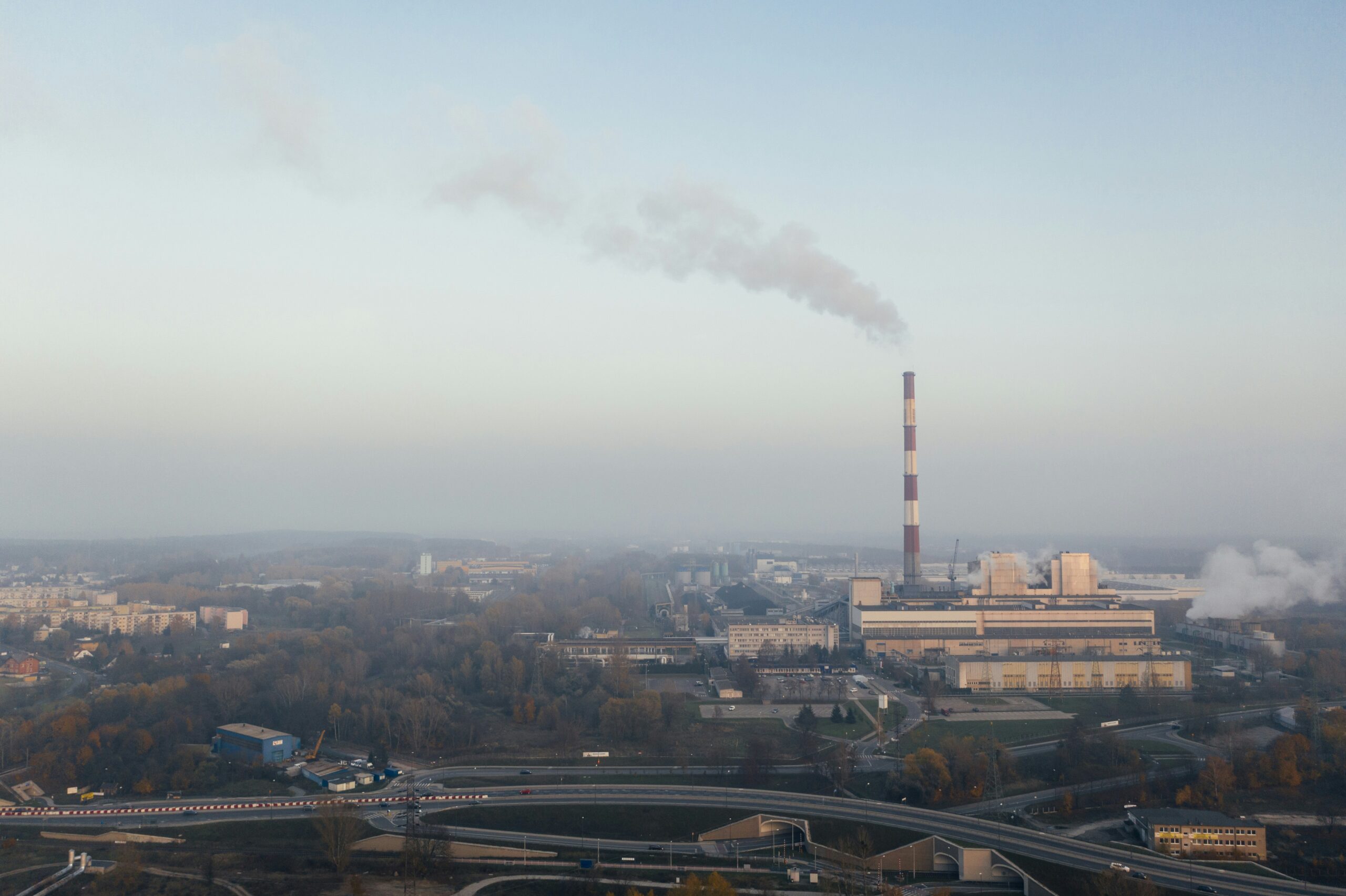
Europe’s Carbon Capture plans have ‘prohibitive’ cost and are ‘nowhere near ready,’ say experts
New research has revealed that most of Europe’s planned carbon capture and storage (CCS) projects are too expensive to work on a commercial basis.
The research from the Institute for Energy Economics and Financial Analysis (IEEFA) highlights that projects are “nowhere near ready” to deliver, with over 90% of the EU’s 200 carbon capture and storage schemes only at the prototype or demonstration phase.
The report says the costs of carbon capture are “prohibitive” with Europe’s current project pipeline costs spiralling to as much as €520 billion and likely to require €140 billion of taxpayer subsidy.
The warning comes after the UK Government’s controversial decision to promise £22billion to carbon capture projects and as the Scottish Governments begs Westminster for more subsidy for the flailing Acorn carbon capture project.
Despite sweeping cuts to public services and climate action programmes, the Scottish Government is still promising £80million to the Acorn Project whose partners include wealthy oil companies Shell and Harbour Energy.
This week Scotland began the process of scrapping its climate targets due to years of insufficient action by Ministers to reduce fossil fuel use and bring down emissions. Previously the Scottish Government had to revise down its estimates that CCS would deliver around 20% of efforts to meet its 2030 goals to reduce emissions.
‘Eye-wateringly high subsidies’ for CCS
Andrew Reid, an IEEFA energy finance analyst and author of the report commented,
“Relying on CCS as a climate solution will force European governments to introduce eye-wateringly high subsidies to prop up a technology that has a history of failure. As the small number of operational projects show, CCS is not likely to work as hoped and will take longer to implement than expected.”
“Doubling down on unrealistic targets risks leaving it too late to reduce emissions through alternative measures when it is realised that CCS’s contribution to net zero will likely fail. Policymakers should begin working urgently to put more practical solutions in place.”
Friends of the Earth Scotland’s climate campaigner Alex Lee (they/them) commented,
“This research makes clear that carbon capture is a money pit that will lead us to climate disaster, enormous public subsidy and extend our reliance on expensive and volatile fossil fuels.
“The Scottish Government are operating under the mistaken assumption that CCS is a necessity only because it has continually failed to deliver action to phase out fossil fuels and is instead hoping this dodgy technology will mop up their mess. Despite 50 years of failure, politicians seem desperate to hand over ever greater sums of public money whilst somehow expecting a different outcome.
“The proposed new Peterhead gas burning power station is built entirely on the rotten foundations of carbon capture, with companies lobbying Ministers to ignore the evidence and maintain the rigged energy system that is unaffordable to people and the climate.
“Even the humiliation this week of scrapping the climate commitments doesn’t seem to have woken Ministers up to the reality that we must invest in climate solutions like public transport and warm homes. These are ideas that will work from day one, will improve people’s lives and will help end the stranglehold of fossil fuel companies.
Notes to Editors
Europe’s prohibitive carbon capture and storage (CCS) plan could leave taxpayers with €140 billion bill. IEEFA report and press release
https://ieefa.org/articles/europes-prohibitive-carbon-capture-and-storage-ccs-plan-could-leave-taxpayers-eu140
Analysis from Oil Change International, “Funding Failure: The True Cost of Carbon Capture in the UK,” uncovers how the UK Government is funneling public money into the most expensive and least effective emissions mitigation option, benefitting the fossil fuel industry, and delaying a just transition to renewable energy.
+ £500 Million Wasted: Since 2010, the UK has committed or already spent almost £500 million on carbon capture projects, with £168 million spent between 2012-2016 on two projects, Peterhead and White Rose, which were scrapped without ever coming online.
+No Commercial Projects in Operation: Despite millions in public investment, no commercial-scale CCS projects are operational in the UK. Planned projects face delays and escalating costs.
+ Global failure: Despite USD $83 billion invested globally since the 1990s, it hasn’t made a dent in carbon emissions. In the United States, where carbon capture is most established, 80% of projects fail due to technical issues, over-expenditure, and a lack of financial investment returns. Even if carbon capture functioned as planned, the projects currently operating globally would only capture around 0.1% of global emissions.
https://foe.scot/press-release/cost-of-carbon-capture-failures-revealed/
From December 2023, Climate campaigners are highlighting a ‘gaping chasm’ in Scotland’s efforts to meet climate targets after a Scottish Government study rapidly scaled down expectations for so-called ‘negative emissions technologies’ which claimed they could capture carbon.
https://foe.scot/press-release/study-exposes-gaping-chasm-in-scottish-climate-plans-due-to-carbon-capture-over-reliance/
Swinney demands talks over ‘clueless’ UK government prioritising English carbon capture sites over Scotland
https://www.scotsman.com/news/politics/snp-accuses-uk-government-of-prioritising-english-carbon-capture-sites-4810950
UK government aims to capture and store 20-30 million tonnes of CO2 per year by 2030 and over 50 million tonnes/yr by 2035.
https://www.nstauthority.co.uk/the-move-to-net-zero/carbon-capture-and-storage/
About the Peterhead gas burning power station
SSE and Equinor have submitted a planning application for a new gas burning power station with carbon capture plant at Peterhead, Aberdeenshire. The application is for an additional plant alongside the existing Peterhead gas burning power station, which SEPA figures show was Scotland’s single biggest polluter.
The development poses a significant risk to Scotland’s climate emission reduction targets and to a just transition for workers and communities. The Scottish Government will make the decision whether to approve this project and lock households into reliance on fossil fuels for energy for the next 25 years.
https://foe.scot/resource/stopping-plans-for-a-new-gas-burning-power-station-at-peterhead-civil-society-briefing/
44 environmental organisations signed an open letter to the First Minister in May 2024, calling on Scottish Government to reject the planning application
https://foe.scot/press-release/44-organisations-urge-scottish-government-to-reject-disastrous-fossil-fuel-expansion-at-peterhead/
